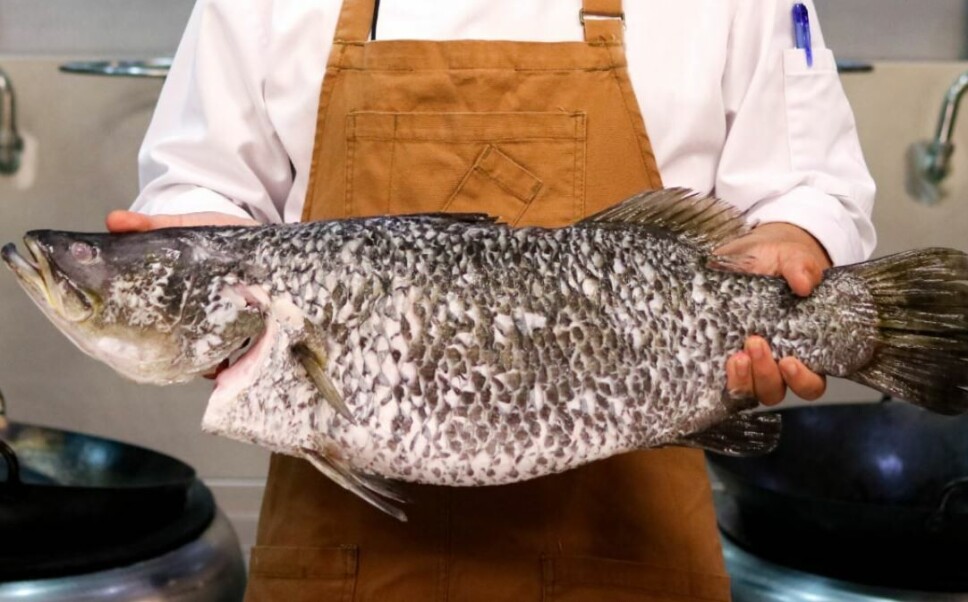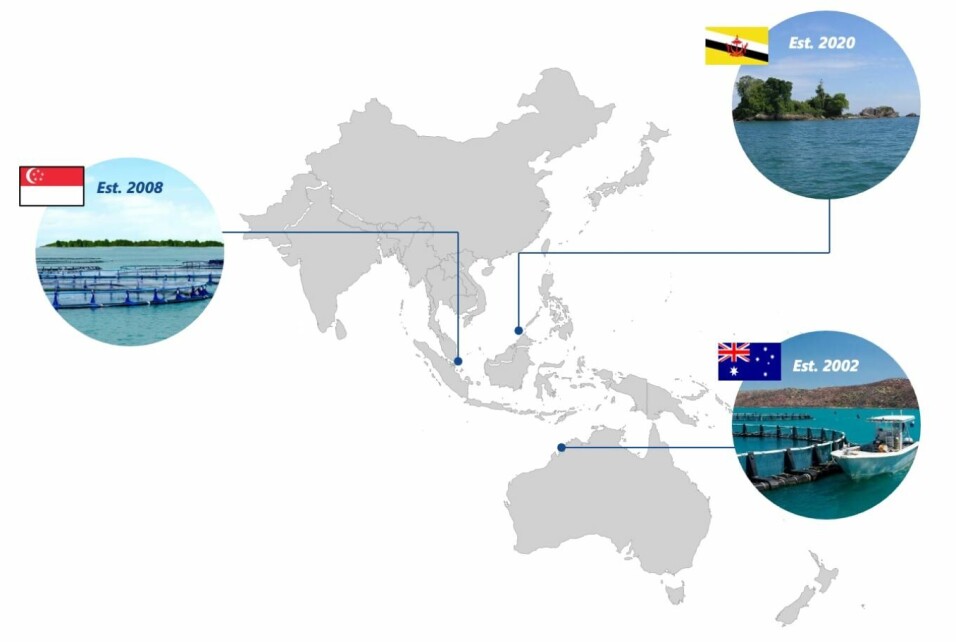
Barramundi Group puts Aussie division up for sale
Company ‘cannot fund necessary expansion alone’
Barramundi Group, which farms in Brunei, Singapore, and Australia, today said it would consider selling its loss-making Australian operation after so far failing to find a strategic partner to fund expansion plans.
The company wants to increase production in the Kimberley region in the north of Western Australia from 1,600 tonnes a year to 10,000 tonnes, and then 30,000 tonnes.
It has applied for 13 sites spread across the Buccaneer Archipelago in the Kimberley region but needs both permits and funding, with the first phase expansion requiring a capital expenditure investment of around A$110 million (£64.7 m).
'Complete divestment'
In a stock exchange update today, Barramundi Group said it was in a process to find a strategic partner in Australia, and that following discussions with various potential investors, it had now decided to also consider a complete divestment of the business.
The company said its planned growth “will require funding of a scale that cannot be borne by Barramundi Group alone”.
It added: “As the half yearly report released 30 August 2022 shows, the Australian business is currently not profitable. Management is actively working on pricing adjustments and cost saving measures which are expected to result in improved margins that will bring the business closer to profitability.”

'Salmon of the tropics'
Barramundi Group became the first farmer of a tropical fish species to list on the Euronext Growth Oslo market – the largest seafood stock market in the world - on August 12 last year, raising approximately NOK 130.8 million from the private placement prior to listing. At the time, chief executive Andreas von Scholten said barramundi, also known as Asian seabass or Australian seabass, had the potential to become “the salmon of the tropics”.
The barramundi (Lates calcarifer) is a river fish that migrates to the sea to spawn. The fish can reach up to 1.8 m (5.9 ft) long, with a weight of up to 60 kg, but the average length in the wild is about 0.6–1.2 m (2.0–3.9 ft).
Barramundi Group currently harvests around 2,000 tonnes a year across Australia, Singapore, and Brunei, and plans to increase that to 7,000 tonnes by 2026.